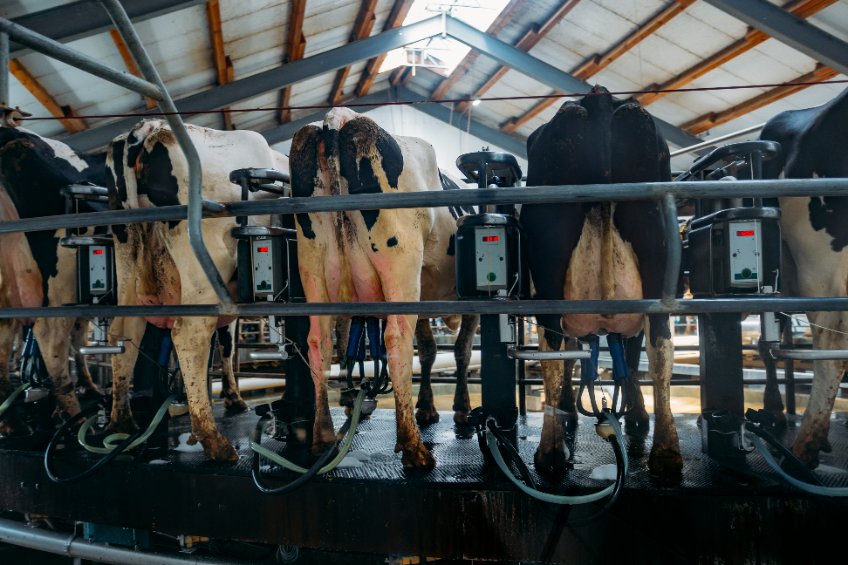
Future funding certainty is critical to UK livestock farmers as they consider increased investment in technologies that have the potential to improve productivity and boost growth, a think-tank has warned.
Precision farming tools, such as electronic ID tags, monitoring collars and farm management apps, could help close the agricultural productivity gap between the UK and countries like Australia and the US.
Agricultural productivity is a focus for the government’s growth plan, with ministers promising imminent action to make farmers more efficient.
Yet in new research based on interviews with UK farmers, the Social Market Foundation (SMF) found that many are holding off on spending money to modernise their operations due to uncertainty over new post-Brexit funding streams.
With Secretary of State Ranil Jayawardena proclaiming Defra “an economic growth department” at the Conservative Party conference earlier this month, the SMF urges the government to reorient subsidies towards investment in precision technologies.
At present, only 9 percent of government grants in England are earmarked for productivity-enhancing activities.
Farmers told the SMF that recent policy announcements are complicated and confusing to navigate, which is making it hard to plan ahead and make investments.
The think-tank found that the future of government funding is the “single biggest issue in agricultural policy” and the “single most important factor in shaping the future of technological adoption”.
Academic evidence highlighted by the report suggests that precision tech can bring considerable benefits to productivity, as well as improvements in animal welfare and reducing emissions.
While farmers say they “want more technology and want to change” – and recognise the benefits of new technologies – they feel “stuck in a limbo” as policy uncertainty is a major barrier to widespread adoption of technology.
Other recommendations in the report include raising awareness of cutting-edge methods among farmers: the new What Works Centre for agriculture must be established with government support within the next 12 months.
The SMF also recommends improving farmers’ access to key data held by slaughterhouses and retailers, as well as requiring electronic IDs for cattle, a move that has improved the use of technology in other countries.
Aveek Bhattacharya, SMF chief economist and co-author of the report said: “Brexit offers the opportunity to fundamentally change the subsidy system and address British farming’s longstanding productivity challenges.
"Yet that opportunity is being squandered and uncertainty over the future of agricultural funding risks making things worse by undermining farmers’ confidence and ability to invest."
He added: “When it comes to adoption of new, cutting-edge technologies – key to enhancing productivity – farmers are more than willing but the Government needs to meet them halfway with a better-designed subsidy system.
“Better use of technology in farming could help the government achieve its objective of boosting economic growth, but only if farm subsidies are well-targeted and offer strong incentives to invest in tools that improve farm efficiency.”
